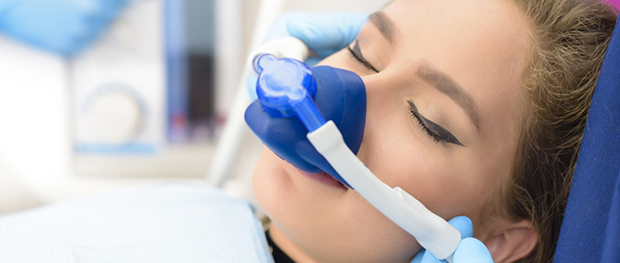
Sedation/Anesthesia Inspections
by DCDS
Written by: John C. Tunnell, D.D.S., M.S. (Dallas County Dental Society Member)
Dr. Brad Crump and I, who are both Level 3 sedation providers, recently had our office inspected as part of the new Texas State Board of Dental Examiners requirement (pursuant to 22 Tex. Admin. Code § 110.18,) to inspect all level 2, 3, and 4 permit holders prior to September 1st, 2022. The inspections are intended to assess the sedation equipment in your office, the paperwork completed in preparing patients for sedation and monitoring them during the procedure and an office’s plan to appropriately respond to medical emergencies.
While getting a letter from the State Board can be terrifying, there’s really nothing to be afraid of with the inspections, provided you’ve been following recommended guidelines while administering sedation for your patients. There are several resources available to you to help ensure you’re in compliance with the law and are prepared for the inspection when the letter does arrive at your office. Rule § 110.8of the Administrative Code (link below) outlines what will happen during the inspection. Furthermore, the TDA has a resource available to all DCDS members that provides more details regarding what the inspection will entail along with the guidelines and checklists that can be used to make sure you’re in compliance (link below). Both are great resources you can utilize in preparing for the inspection. Have all documentation ready and available for the inspector and make sure that all equipment and medications are up to date and readily available and accessible.
While the process can be a little intimidating and stressful, the underlying premise is to confirm that all dentists providing sedation or anesthesia are keeping their patients safe. With that in mind, there’s really not much to fear with the inspection itself. Be prepared, and the inspection should be straightforward.

